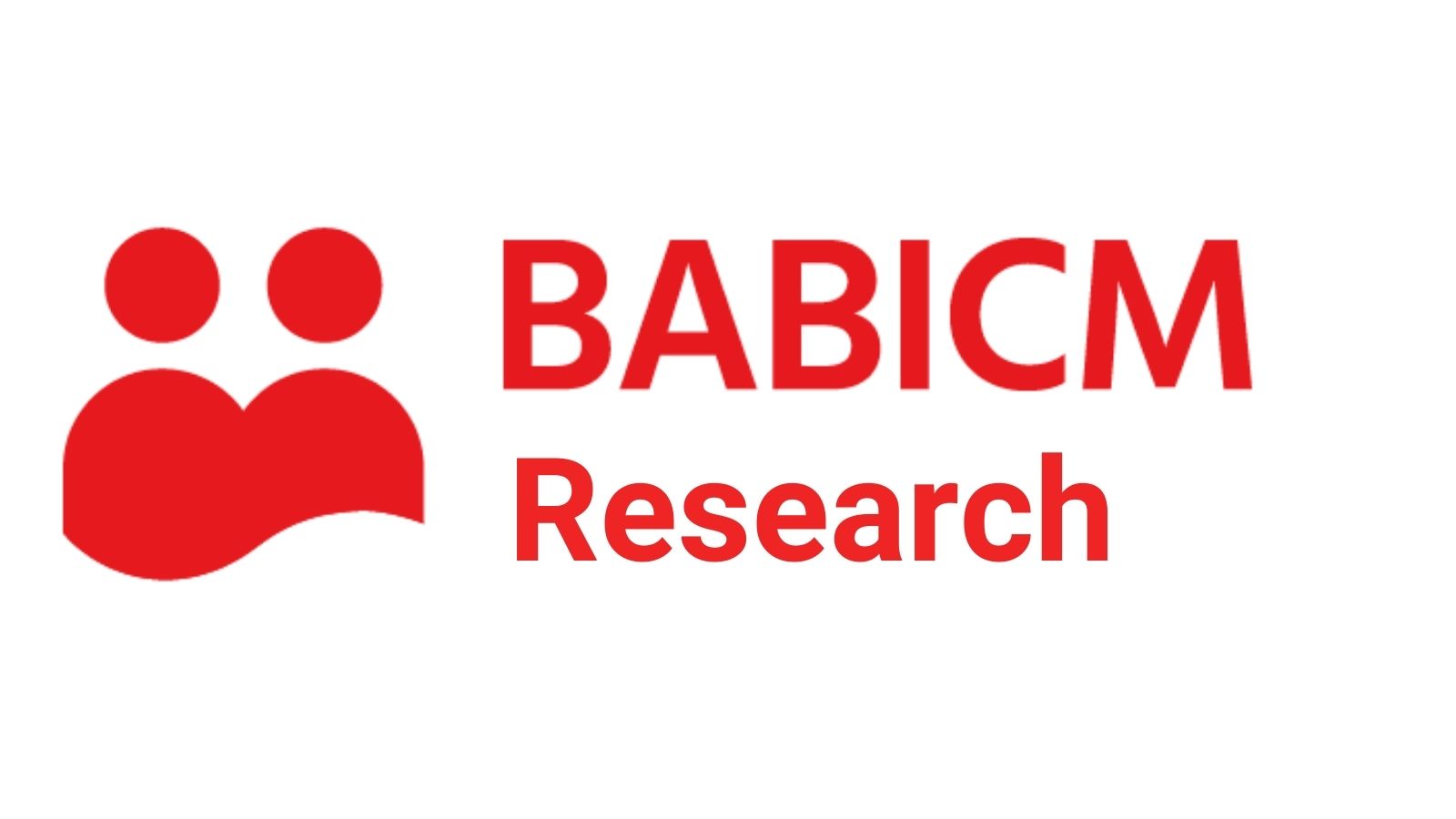Delivered by: BABICM and Plymouth University
Author: Ms Sophie Moore, University of Plymouth
This article aims to summarise the research completed by BABICM and Plymouth University which explored the experiences of BICMs and the use of the MCA.
Acquired brain injury (ABI) is one of the leading causes of disability within the UK and can have a significant impact on the daily lives of survivors and their families (Khan et al., 2003). Difficulties include physical, emotional, cognitive and behavioural changes, and with many experiencing little or no physical impairment, ABI is often referred to as a “silent epidemic”.
Case management is dedicated to supporting and coordinating the rehabilitation and care of individuals with complex needs including ABI. The British Association of Brain Injury and Complex Case Management (BABICM) is made up of registered professionals with a health and social care background from a range of professions, including occupational therapy, nursing, and social work (Holloway and Fyson, 2016).
Brain injury case managers (BICMs) offer support to survivors with mental capacity issues and problems with informed decision-making. The cognitive impact of ABI, namely executive dysfunction, can impact many skills such as planning, inhibition and controlling emotions; all of which can hinder the ability to make informed decisions. Executive dysfunction is also linked with increased risky behaviour; substance and alcohol misuse, criminal involvement and suicidality, which raises further concerns around capacity.
The Mental Capacity Act (MCA) is a legal framework designed to guide the assessment of an individual’s capacity to make decisions. The House of Lords Select Committee (HoLSC, 2014) highlighted that the MCA does not meet the needs of those with specific conditions, including ABI.
The current study explored BICM’s views and experiences of working with brain-injured clients with capacity issues. A total of 93 BICMs took part in a survey, with 12 taking part in further interviews. All respondents had experience of working with ABI and capacity issues. A total of 62% reported having clients make repeated unwise decisions but be deemed to have capacity, and 92% reported disagreements with other professionals regarding the outcome of capacity assessments.
Disagreements with other professionals were mirrored in the interviews, with one participant stating they “happen on a day-to-day basis”. Five main causes of disagreements were reported; a lack of brain injury knowledge by other professionals, a lack of collaboration with individuals who know the client well, the framing of the questions, professionals having their own agenda, and the “cloak of competence” that can mask difficulties that manifest outside of the assessment environment; while clients often appeared to have capacity within an interview context, many were unable to adapt their behaviour accordingly in real-life situation due to executive dysfunction.
Three other main themes were identified; implementation of the MCA and capacity assessments, ABI as a hidden disability, and the vulnerability of ABI survivors. Participants reported risky situations their clients had found themselves in despite being assumed to have capacity because their cognitive impairments had been disregarded. One of the principles of the MCA is not to assume a lack of capacity due to unwise decision-making. Concerns were raised around the Act’s description, or lack of “unwise decision-making”, with 92% of survey responses reporting the Act to be unclear. Changes within the guidance for the MCA, with a focus on description and clarity, should be considered to make it more applicable to brain injury.
The research also recommended the importance of health and social care professionals having an in-depth knowledge of the invisible consequences of ABI before commencing capacity assessments; a recommendation supported by the updated guidelines for the MCA (NICE, 2018). Where possible assessments should not be conducted in isolation, rather take place in collaboration with others who know the client well, and should involve real-world observations of functioning.
Khan, F. Baguley, I.J. and Cameron, D. (2003), Rehabilitation after traumatic brain
injury. MJA Practice Essentials, 178, 290-295.
Holloway, M and Fyson, R (2016), Acquired Brain Injury, Social Work and the
Challenges of Personalisation. British Journal of Social Work, 46(5),1301-1317.
House of Lords Select Committee on the Mental Capacity Act 2005. (2014), Mental
Capacity Act 2005: post-legislative scrutiny. House of Lords: London, UK.
National Institute for Clinical Excellence (NICE). (2018). Decision-making and mental
capacity. NICE guideline [NG108]. Available at:
https://www.nice.org.uk/guidance/ng108/chapter/Recommendations-forresearch#
1-training-and-support-for-practitioners. (Accessed 22 December
2018).

